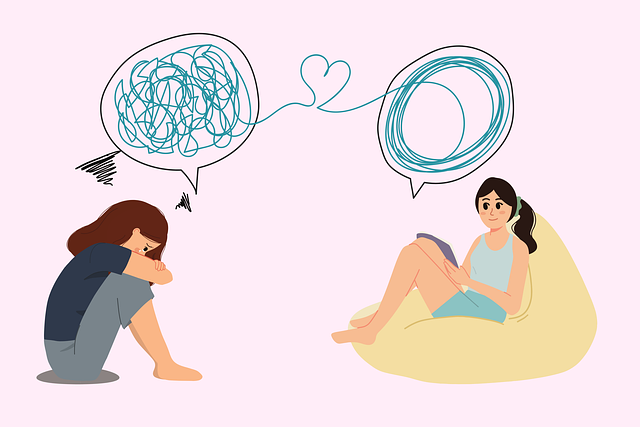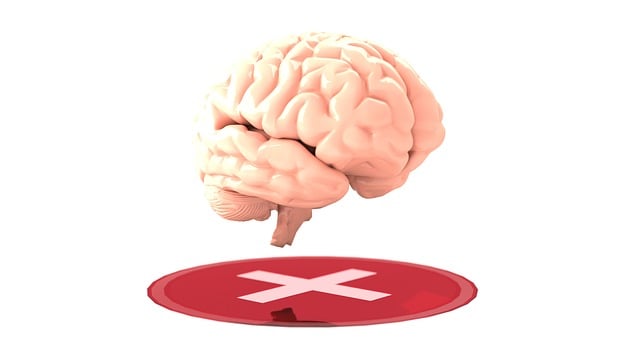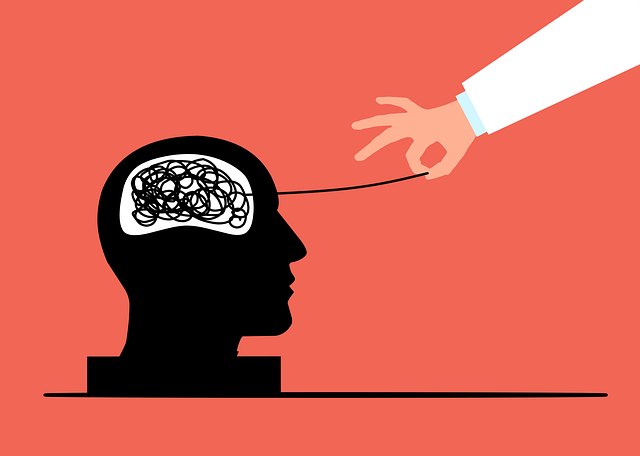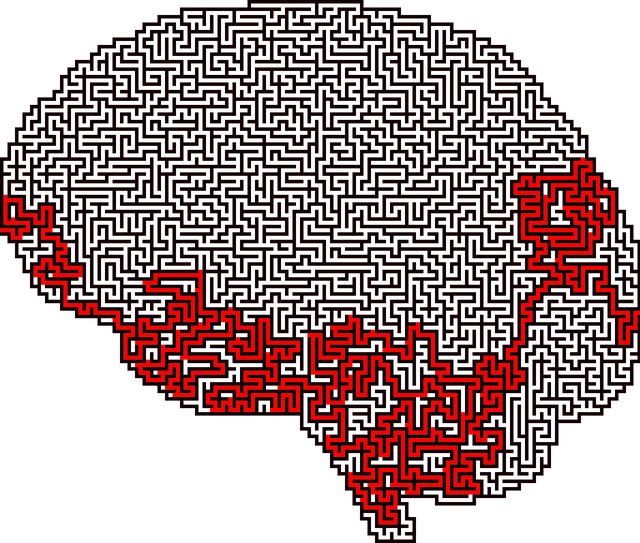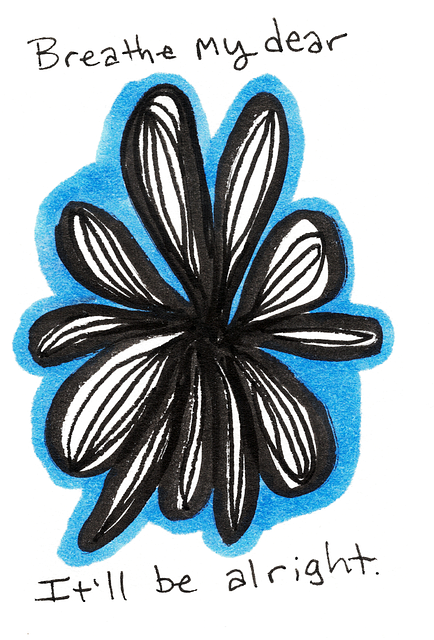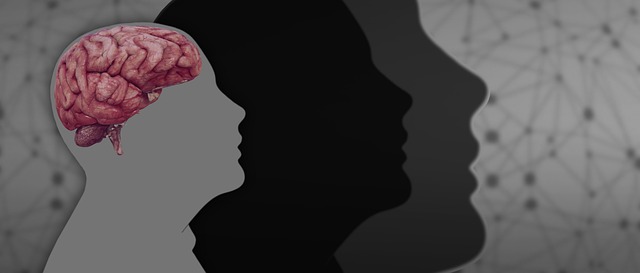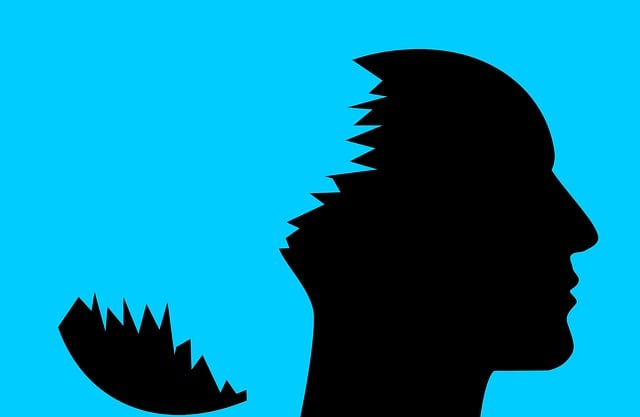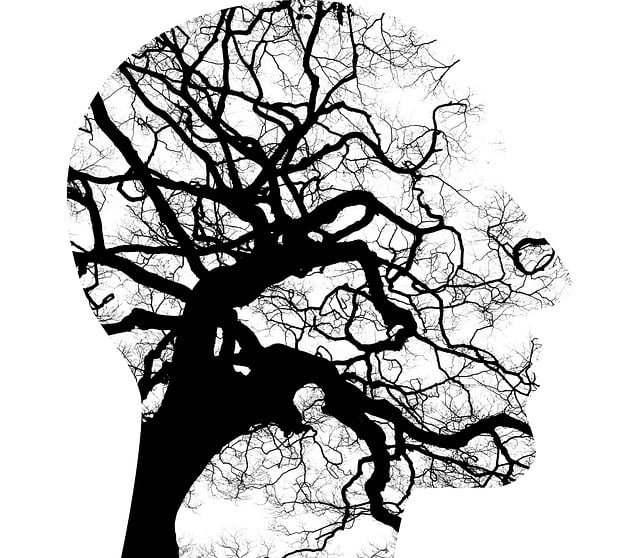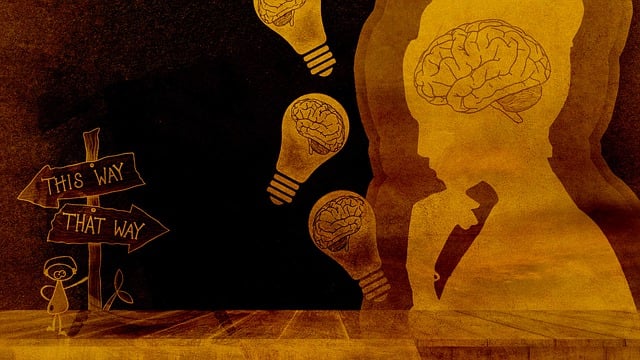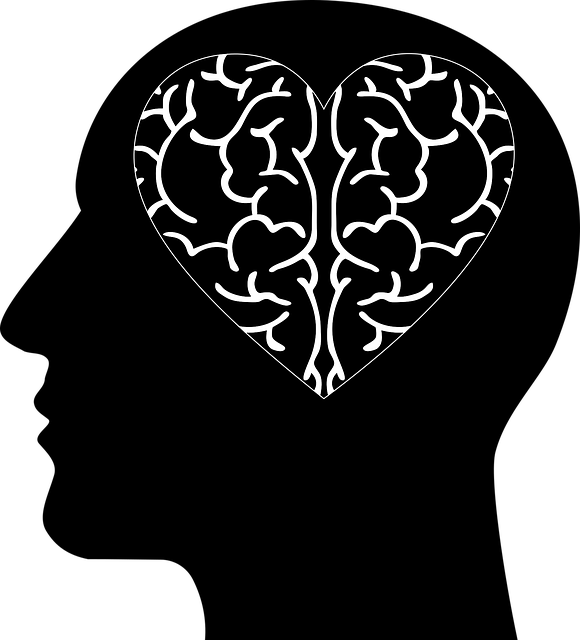Superior EMDR Certified Therapy integrates social skills training for holistic mental wellness, addressing the impact of social anxiety and isolation on mental health conditions. Through targeted exercises like Mental Wellness Journaling and Trauma Support Services, clients learn effective communication strategies to build confidence in social settings. This approach combines bilateral stimulation with self-awareness exercises and journaling to process traumatic memories, leading to improved emotional responses and healthier social relationships. Role-playing scenarios and Risk Management Planning techniques empower individuals to engage more confidently, while culturally sensitive Mental Wellness Podcast Series can enhance empathy across diverse backgrounds. This holistic method has proven successful in treating PTSD and other conditions, normalizing mental health conversations and fostering community engagement.
Social skills training is a powerful tool for improving mental health, especially for individuals struggling with conditions like anxiety or depression. This article explores the intricate connection between social abilities and psychological well-being, delving into innovative treatments such as Superior EMDR (Eye Movement Desensitization and Reprocessing) Certified Therapy. We’ll uncover practical strategies for enhancing social interactions, backed by compelling case studies showcasing the transformative impact of targeted training.
- Understanding the Link Between Social Skills and Mental Health
- The Role of EMDR Therapy in Improving Social Interaction
- Practical Strategies for Developing and Enhancing Social Skills
- Case Studies: Successful Implementation of Social Skills Training
Understanding the Link Between Social Skills and Mental Health

The connection between social skills and mental health is a crucial aspect often overlooked in traditional therapy approaches. Many mental health conditions can significantly impact an individual’s ability to interact and connect with others, leading to feelings of isolation and exacerbating existing symptoms. For instance, individuals with anxiety disorders might struggle with initiating conversations or maintaining eye contact, while those with depression may find it challenging to express their emotions or engage in social activities.
Superior EMDR Certified Therapy offers a holistic approach to addressing these issues by recognizing that improving social skills can be a game-changer for mental wellness. The therapy focuses on providing clients with the necessary tools and techniques to navigate social interactions more comfortably, ultimately enhancing their overall well-being. Through targeted exercises like Mental Wellness Journaling and Trauma Support Services, individuals learn effective communication strategies and build confidence in social settings. This not only prevents burnout but also equips them to manage stress and difficult emotions, fostering a healthier and happier life.
The Role of EMDR Therapy in Improving Social Interaction

Social skills training is a vital component of holistic mental health care, and EMDR (Eye Movement Desensitization and Reprocessing) therapy has emerged as a superior EMDR certified therapy approach to enhance social interaction for individuals managing various conditions. This innovative technique goes beyond traditional talk therapy by incorporating bilateral stimulation, often in the form of side-to-side eye movements, to help clients process traumatic memories or distressing thoughts. As a result, it facilitates a profound shift in emotional responses and behaviors during social exchanges.
EMDR therapy encourages self-awareness exercises and mental wellness journaling exercise guidance, enabling individuals to reflect on their interactions more objectively. By regularly engaging in these self-reflection practices, individuals can identify patterns of behavior that may be hindering their ability to connect with others. Through this process, they gain valuable insights into their emotional triggers and develop strategies to manage them effectively. This improved self-awareness is key to fostering healthier social connections and enhancing overall mental wellness, while also serving as a powerful tool in depression prevention.
Practical Strategies for Developing and Enhancing Social Skills

Developing and enhancing social skills is a crucial aspect of managing mental health conditions, especially for individuals seeking Superior EMDR Certified Therapy. Practical strategies include role-playing scenarios that allow clients to practice initiating conversations, maintaining eye contact, and actively listening. These exercises are designed to build confidence and reduce anxiety in social settings, fostering better interactions with peers and authority figures.
Additionally, mental health professionals can incorporate techniques from Risk Management Planning into their practices. This involves teaching clients how to recognize potentially harmful situations and navigate them safely, promoting self-awareness and independent decision-making. Incorporating these strategies alongside cultural sensitivity in Mental Wellness Podcast Series Production—where diverse perspectives are represented—can significantly improve social skills by encouraging empathy and understanding among individuals from varied backgrounds.
Case Studies: Successful Implementation of Social Skills Training

Social Skills Training has proven to be a game-changer in the realm of mental health treatment, particularly for conditions often accompanied by social anxiety or withdrawal. Case studies highlight the successful implementation of structured programs that teach individuals effective communication strategies and interpersonal techniques. These interventions are especially beneficial for those struggling with post-traumatic stress disorder (PTSD), as evidenced by numerous Superior EMDR Certified Therapy sessions where clients reported improved confidence in social settings after learning to manage their triggers and responses.
Cultural sensitivity plays a crucial role in the effectiveness of such training, ensuring that approaches are tailored to diverse backgrounds and experiences. This aspect is integral to Trauma Support Services, where cultural competency in mental healthcare practice enables professionals to address unique challenges faced by clients from varied ethnic, racial, and social groups. Similarly, the integration of these skills into a Mental Wellness Podcast Series Production can make therapy more accessible and engaging for a wider audience, fostering a sense of community and normalising conversations around mental health.
Social skills training, especially when combined with superior EMDR certified therapy, plays a pivotal role in managing and improving mental health conditions. By understanding the connection between social skills and mental well-being, individuals can gain valuable tools to navigate interpersonal interactions more effectively. The strategies outlined, backed by successful case studies, offer hope and practical avenues for those seeking to enhance their social abilities and overall mental health. This comprehensive approach ensures a more inclusive and supportive environment for everyone.
